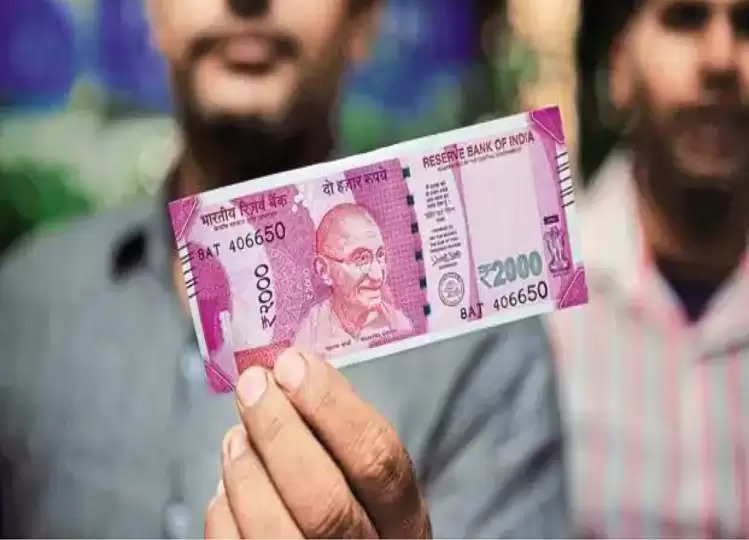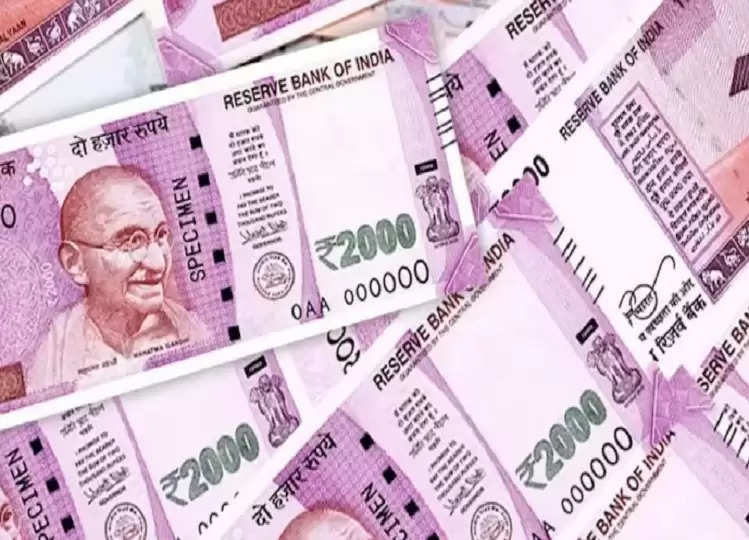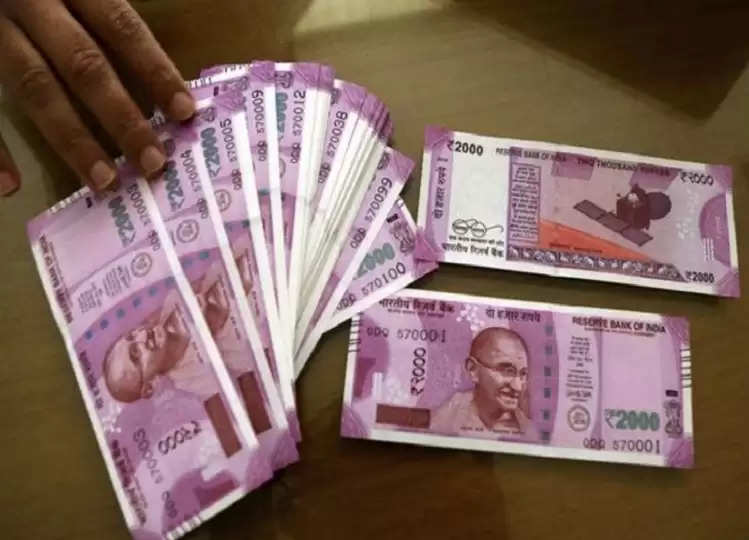After all, why did RBI stop the bank notes of 2000 rupees? What if you don't get your notes exchanged?

PC: Times of India
After Demonetization in 2016 Reserve Bank of India (RBI) announced that 2000 rupee note is now ready to be withdrawn from circulation in Indian currency, all traders and citizens of India are advised to deposit 2000 note in banks as soon as possible. asked for.
The Rs 2000 notes were introduced into circulation in 2016 following the demonetisation moves by the Modi government, which led to the immediate withdrawal of all Rs 500 and Rs 1000 notes from circulation in the country.
RBI has asked all citizens of India to deposit Rs 2000 notes in their nearest banks at the earliest, setting a deadline of 30 September. One can get their notes exchanged for Rs 500 or Rs 200 notes at a bank, or get them deposited into their bank accounts.
PC: India Today
Why did RBI demonetise the Rs 2000 note?
In November 2016, the RBI in a major demonetisation move decided to stop the circulation of Rs 500 and Rs 1000 notes and introduced Rs 2000 notes under section 24(1) of the RBI Act, 1934.
Also, the RBI had stopped printing Rs 2000 notes in 2019, as notes of all other denominations were in sufficient circulation. Apart from this, 2000 rupee notes stopped appearing.

PC: The News Minute
What if you do not exchange or deposit Rs 2000 notes?
The deadline for exchanging or depositing Rs 2000 notes in your bank account has been set as September 30, 2023. However, considering past trends in similar cases, RBI may extend the deadline for exchange of notes after the specified date.
In the official notification, RBI said that transactions can still be done with Rs 2000 notes, but everyone is "encouraged" to exchange the notes, implying that it is yet to be "mandated". has not been done. Therefore, it can be assumed that if one misses the deadline, these notes will not be treated as invalid.
